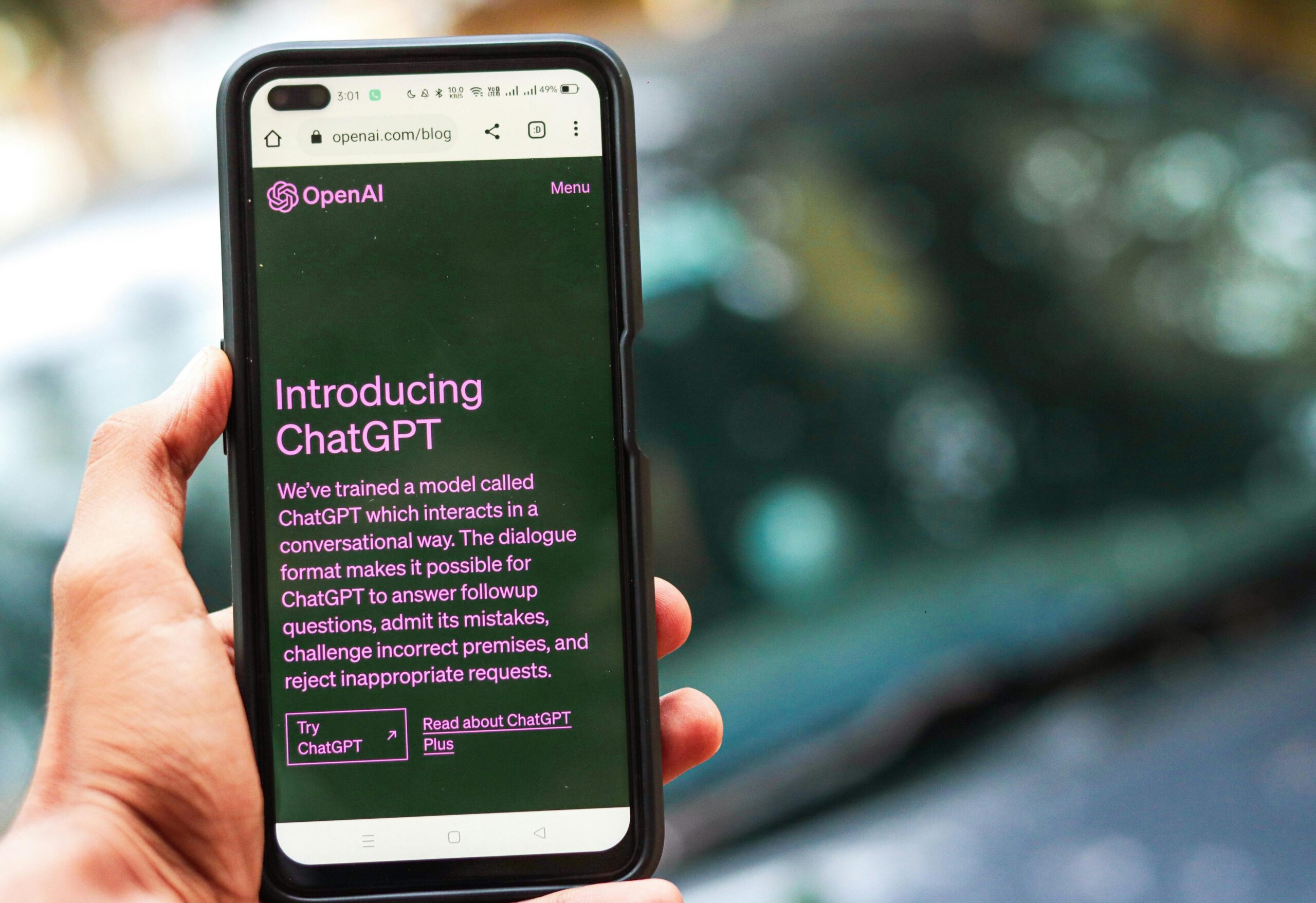Contents
Understanding Artificial Intelligence: The Rise of AI Virtual Assistant
Intro
Artificial Intelligence (AI) has been a buzzword in the tech industry for quite some time now. It refers to the ability of machines or computers to mimic human intelligence and perform tasks that typically require human cognitive abilities. One of the most significant developments in the field of AI is the rise of AI virtual assistant These are intelligent digital programs that use natural language processing, machine learning, and other AI technologies to interact with users and assist them in various tasks. From simple daily tasks like setting reminders and playing music to more complex ones like managing schedules and analyzing data, AI virtual assistants have become an integral part of our lives. In this blog post, we will delve deeper into the world of AI virtual assistants, understand how they work, and explore their growing impact on our personal and professional lives.
Tracing the Evolution of ai virtual assistant
The journey of AI virtual assistants has been a remarkable saga of technological evolution, beginning with simple voice-activated programs to the sophisticated AI-powered avatars we interact with today. In the early stages, these assistants were primarily limited to understanding basic commands and performing rudimentary tasks. However, as artificial intelligence and machine learning technologies advanced, so did the capabilities of these assistants. The introduction of natural language processing allowed for a more nuanced understanding of human speech, enabling AI virtual assistants to participate in more complex conversations and handle a wider range of tasks. The evolution didn’t stop there; we witnessed the emergence of the AI virtual assistant avatar, a more interactive and personable representation of AI. These avatars added a visual dimension to the virtual assistant, making interactions feel more natural and engaging. This progression from simple task managers to intelligent, conversational avatars marks a significant milestone in the journey of AI virtual assistants, showcasing the incredible potential of artificial intelligence to mimic and augment human interactions.
How Do AI Virtual Assistants Work?
At the heart of every AI virtual assistant lies a complex combination of technologies that empower these entities to function seamlessly. The core technology driving these assistants is artificial intelligence, which allows them to process and interpret human language, learn from interactions, and make decisions based on accumulated data. The foundation of an AI virtual assistant app is its ability to understand natural language, a capability made possible through natural language processing (NLP). NLP interprets the user’s spoken or typed queries, breaking down language into a form that the machine can understand. Beyond comprehension, these assistants utilize machine learning algorithms to analyze patterns in data, learning from past interactions to improve future responses. This self-learning capability enables AI virtual assistants to adapt to the user’s preferences over time, becoming more efficient and personalized in their assistance. Integration with various databases and internet resources allows them to fetch information, schedule appointments, send messages, and even control smart home devices. The orchestration of these technologies ensures that artificial intelligence virtual assistant apps can provide a wide range of services, making everyday tasks easier and more efficient for users.
The Multifaceted Uses of AI Virtual Assistants
AI virtual assistants have found their niche in both personal and professional spheres, showcasing their versatility across a myriad of applications. On a personal level, they serve as organizational tools, helping users manage their calendars, set reminders, and even shop online by providing recommendations based on past purchases. In the realm of entertainment, these assistants play music, recommend movies, or narrate books, becoming a central part of leisure activities. Professionally, AI virtual assistants streamline operations by scheduling meetings, managing emails, and facilitating communication among team members. They also play a pivotal role in customer service, handling inquiries and providing support around the clock. The educational sector benefits from customized tutoring and language learning applications, illustrating how these assistants cater to personalized learning needs. For developers and businesses wondering how to create an AI virtual assistant, the process involves a deep understanding of AI technologies like machine learning, natural language processing, and integration capabilities to ensure the assistant can perform across various platforms and devices. By leveraging these tools, developers can craft AI virtual assistants tailored to specific tasks or industries, further expanding their utility and impact on our daily lives and work.
As the capabilities and adoption of AI virtual assistants continue to expand, it’s crucial to address the ethical and privacy concerns that accompany their use. The primary worry for many users is the extent to which these assistants collect and store personal data. Given the nature of their functionality, artificial intelligence virtual assistant apps require access to a significant amount of personal information, from daily schedules to voice recordings and even preferences in entertainment. This raises questions about who has access to this data, how it is used, and the measures in place to protect it from unauthorized access or breaches. Additionally, there are concerns about the potential for bias in AI algorithms, which can lead to unfair or discriminatory outcomes if not carefully managed. As developers and companies continue to refine and deploy these technologies, it is imperative that they prioritize transparency, consent, and robust security protocols to build trust with users. Addressing these concerns proactively is essential for ensuring that the benefits of AI virtual assistants can be enjoyed without compromising individual privacy or ethical standards.
The Future of AI Virtual Assistants
The future of AI virtual assistants looks incredibly promising, with advancements poised to further blur the lines between human and machine interactions. We’re likely to see these assistants become even more integrated into our daily lives, with enhanced capabilities for more personalized and anticipatory services. The evolution of AI will enable virtual assistants to understand and process emotions, allowing for more empathetic responses and interactions. This emotional intelligence will transform how we perceive and engage with AI, making virtual assistants more like companions rather than mere tools. Additionally, the integration of augmented reality (AR) and virtual reality (VR) technologies with AI virtual assistants could redefine our virtual meetings, shopping experiences, and educational endeavors, offering immersive and interactive environments. The push towards more secure and privacy-focused AI technologies will also be a priority, ensuring users can enjoy the benefits of AI virtual assistants without compromising their personal data. As developers continue to innovate, the potential for AI virtual assistants to revolutionize every aspect of our lives is immense, marking a new era of digital assistance that is more intuitive, interactive, and integral to our daily routines.
What Does an AI Virtual Assistant Do?
As technology continues to advance and shape our daily lives, it’s no surprise that the use of virtual assistants has become increasingly popular. But what exactly does an AI virtual assistant do? In simple terms, an AI virtual assistant is a digital assistant that uses artificial intelligence to provide a variety of services and tasks to its users. These assistants can be found in various forms, such as chatbots, voice-activated speakers, or even as a feature on our smartphones. But beyond just answering basic questions or setting reminders, AI virtual assistants have the ability to learn and adapt to their user’s needs, making them a valuable tool for productivity and convenience. In this blog post, we’ll take a deep dive into the world of AI virtual assistants and explore the different tasks they can perform to help us in our daily lives.
The Top Contender: Which is the Best AI Virtual Assistant
In today’s fast-paced world, technology has become an integral part of our daily lives. From smartphones to smart homes, we rely on various gadgets to make our lives easier and more efficient. One of the most revolutionary advancements in recent years has been the rise of AI virtual assistants. These intelligent virtual helpers have taken the world by storm, with a variety of options available in the market. However, the question remains: which is the best AI virtual assistant? With so many choices, it can be challenging to determine the top contender. In this blog post, we will compare and analyze some of the leading AI virtual assistants to help you decide which one reigns supreme. So, let’s dive into the world of virtual assistants and find out which is the best AI virtual assistant for you.

